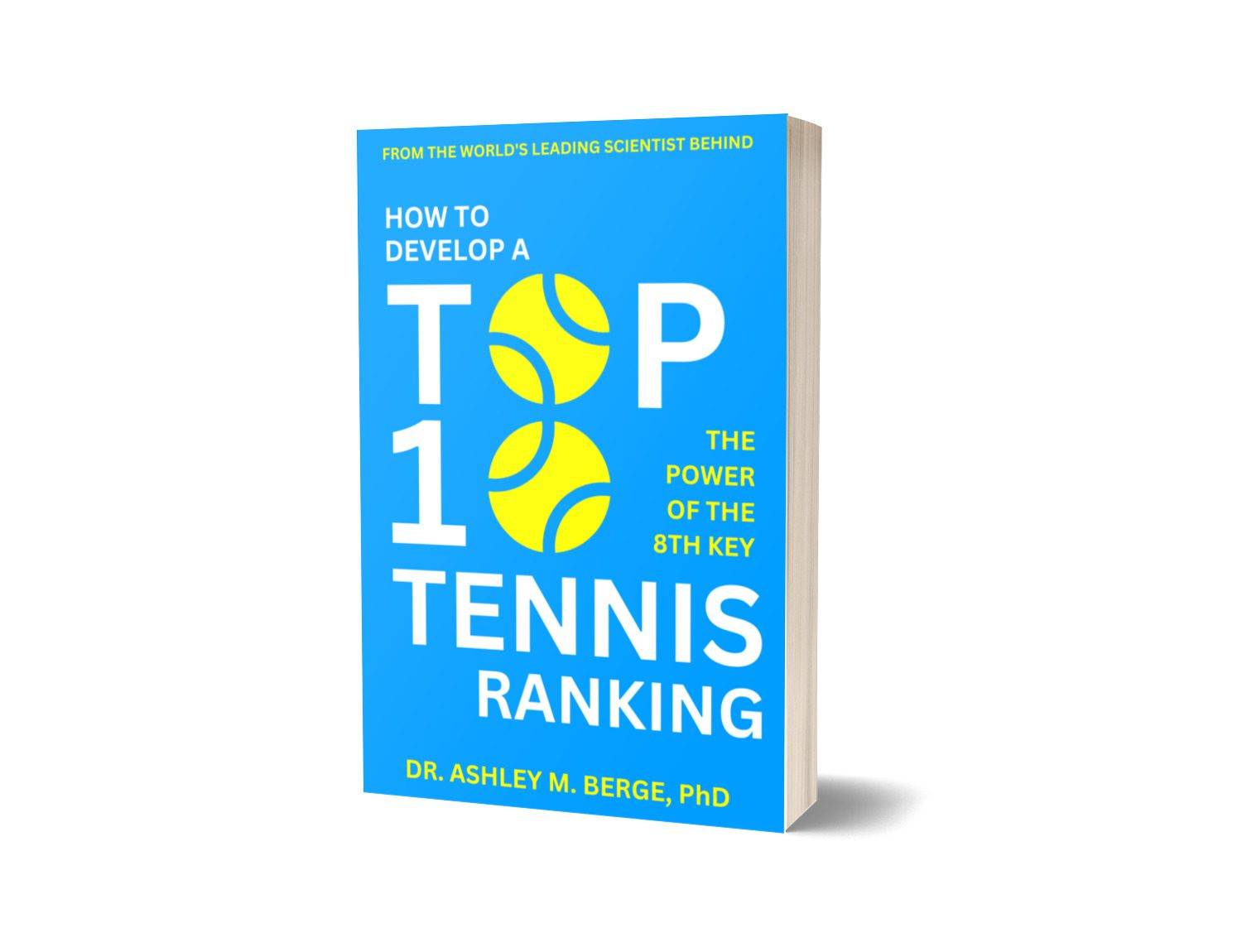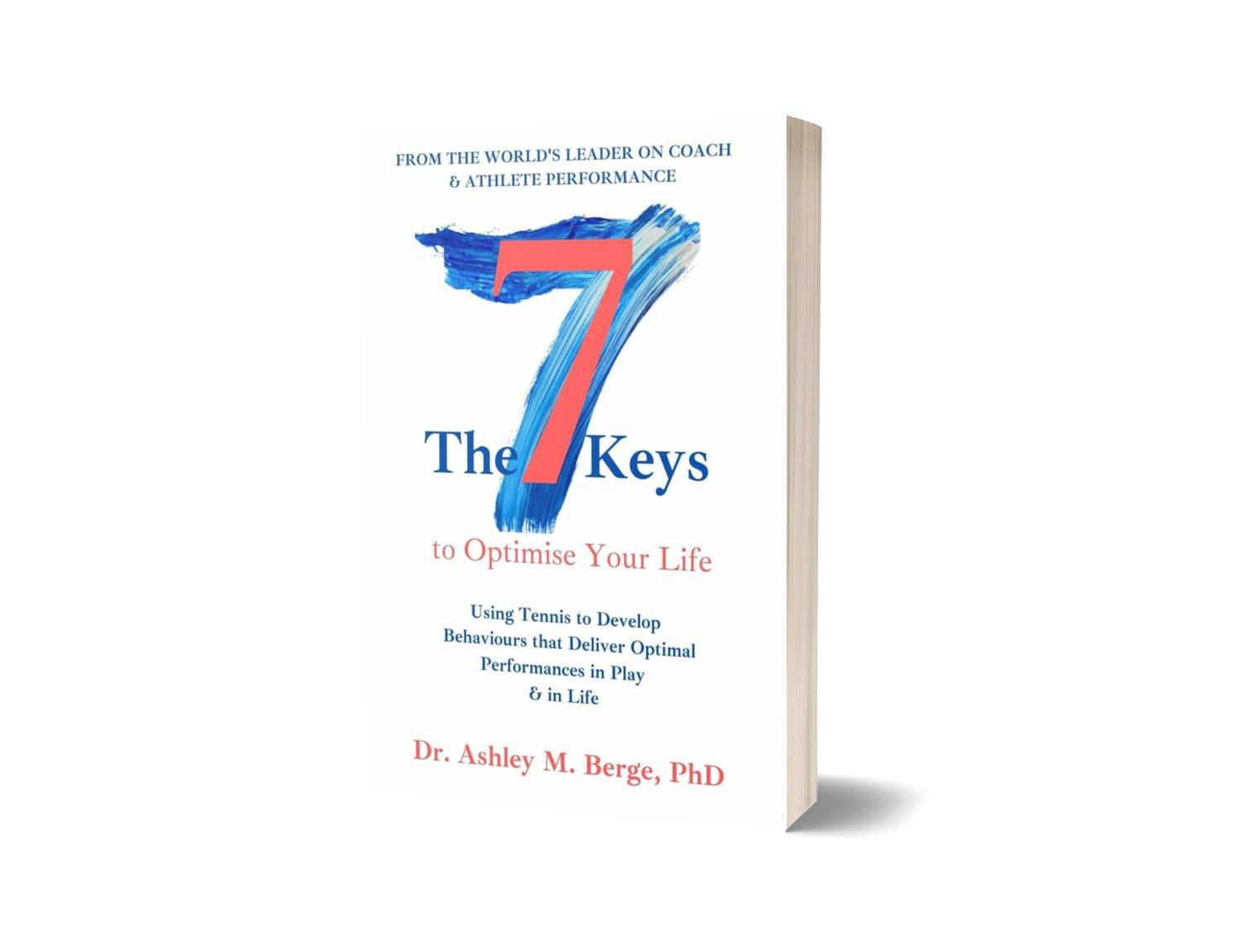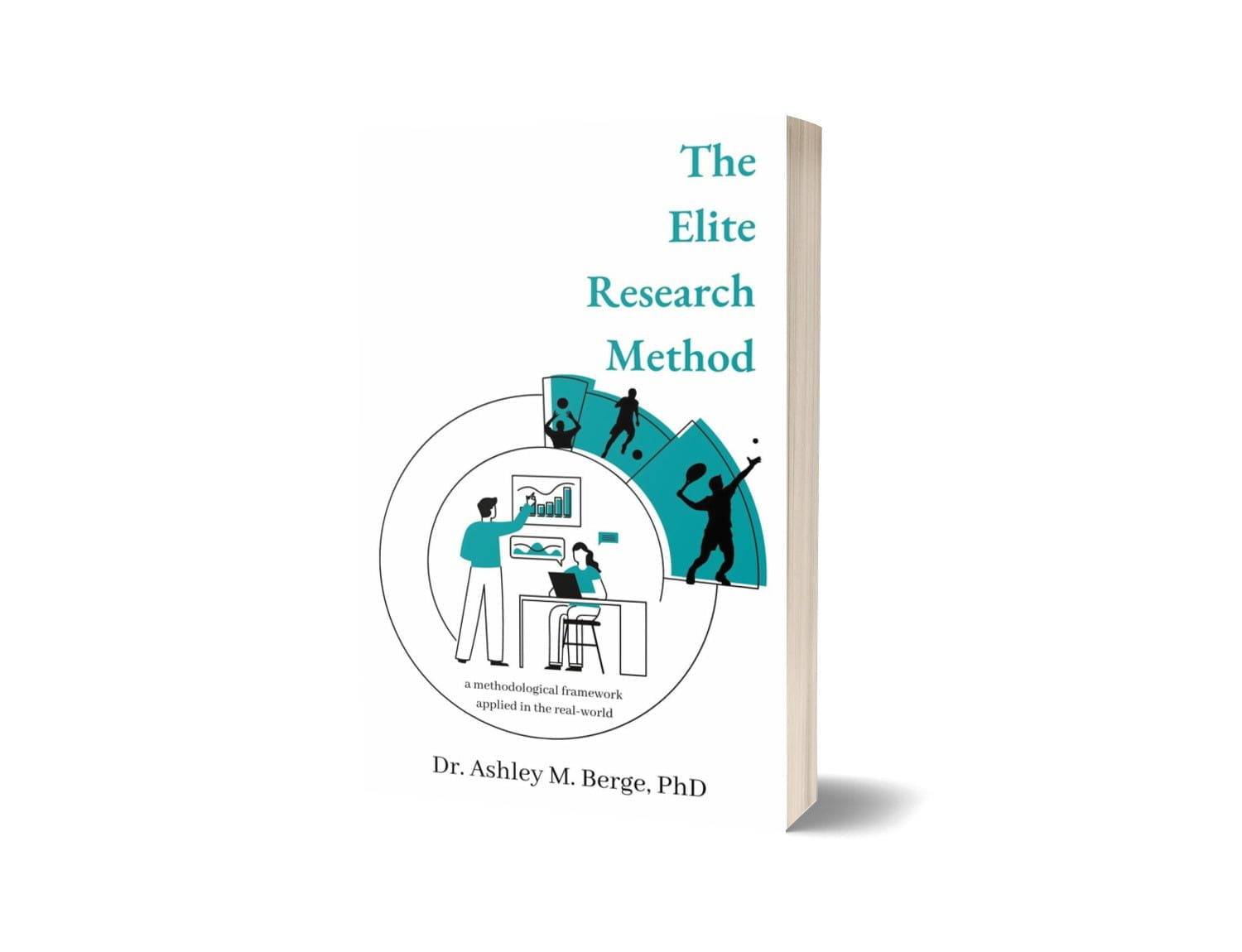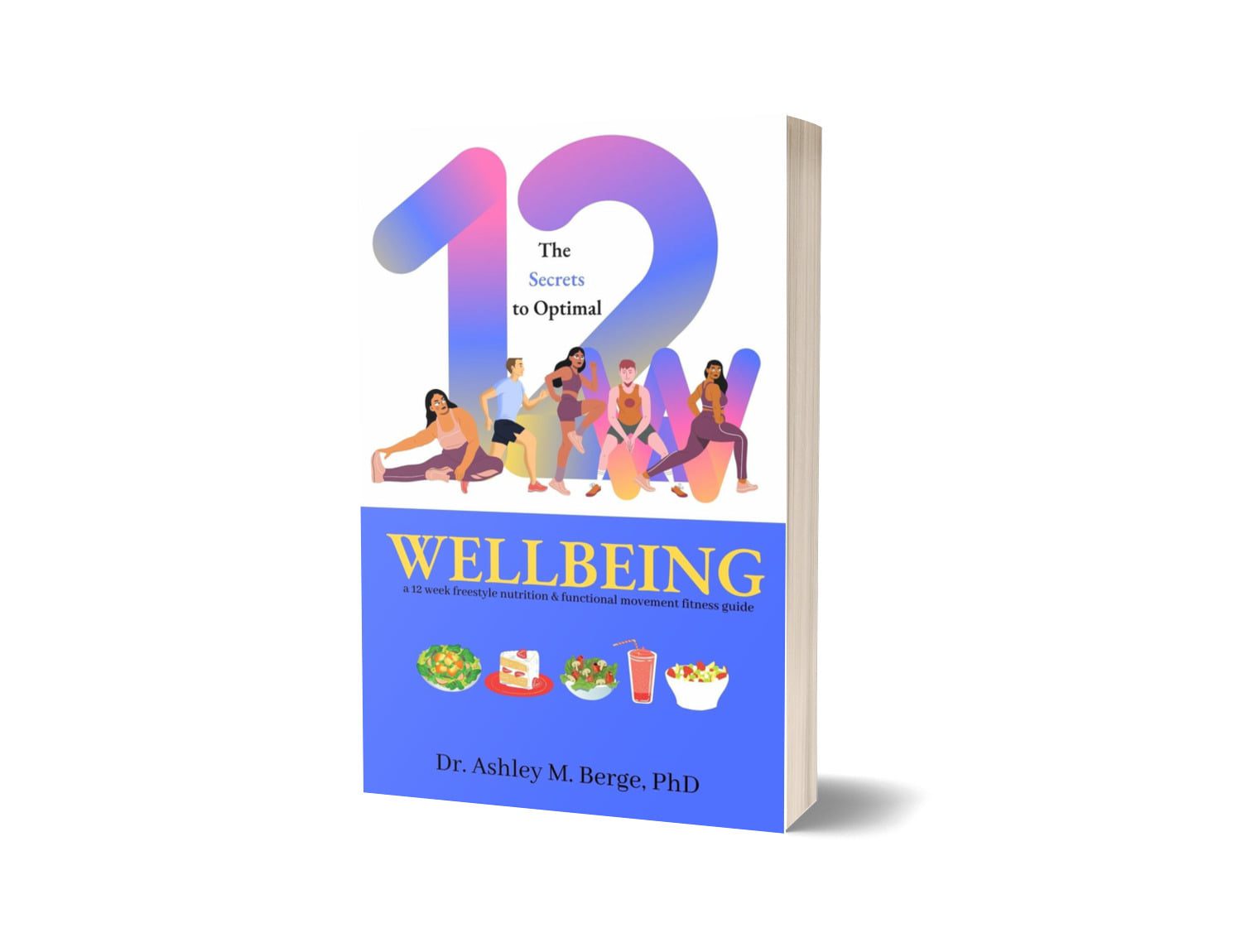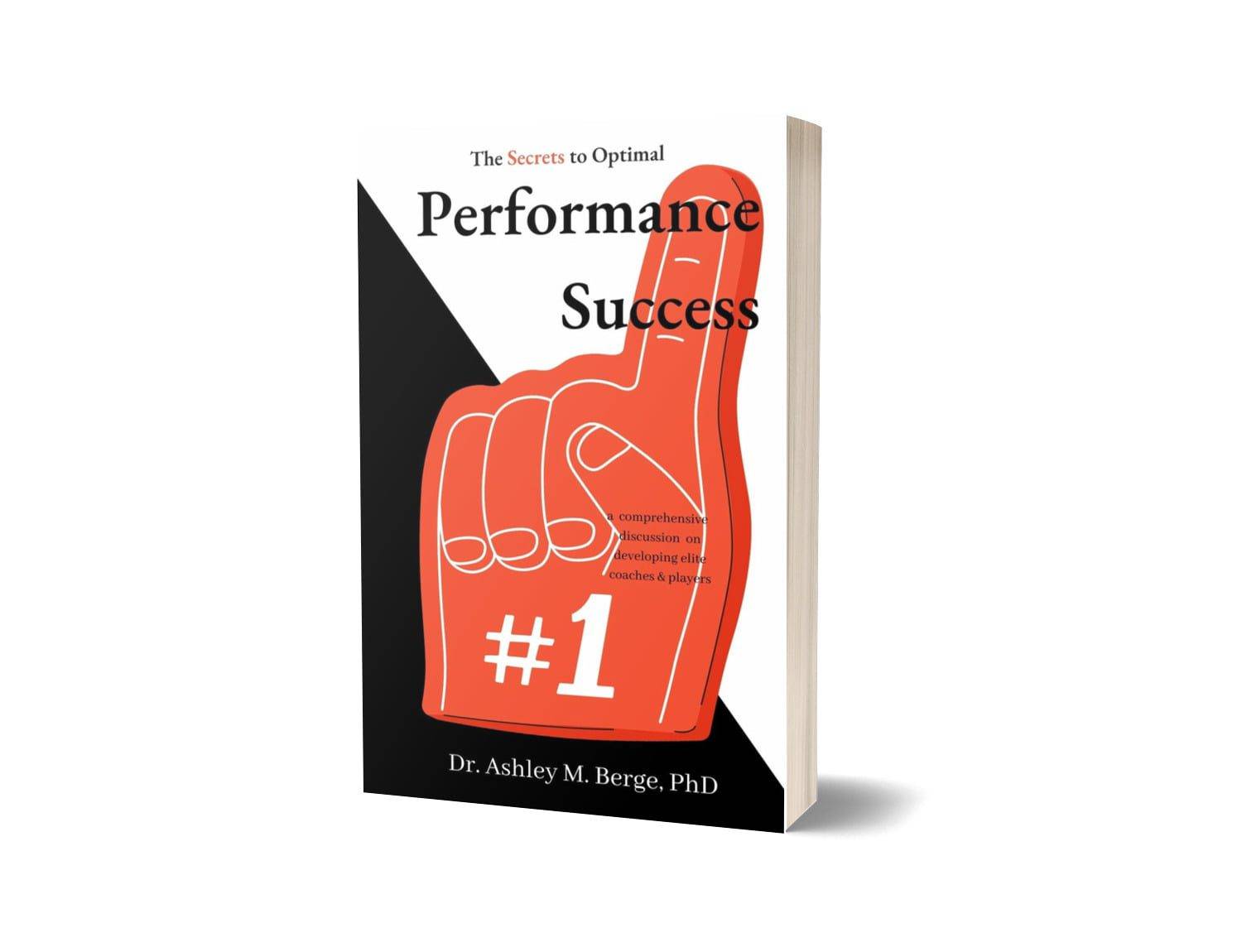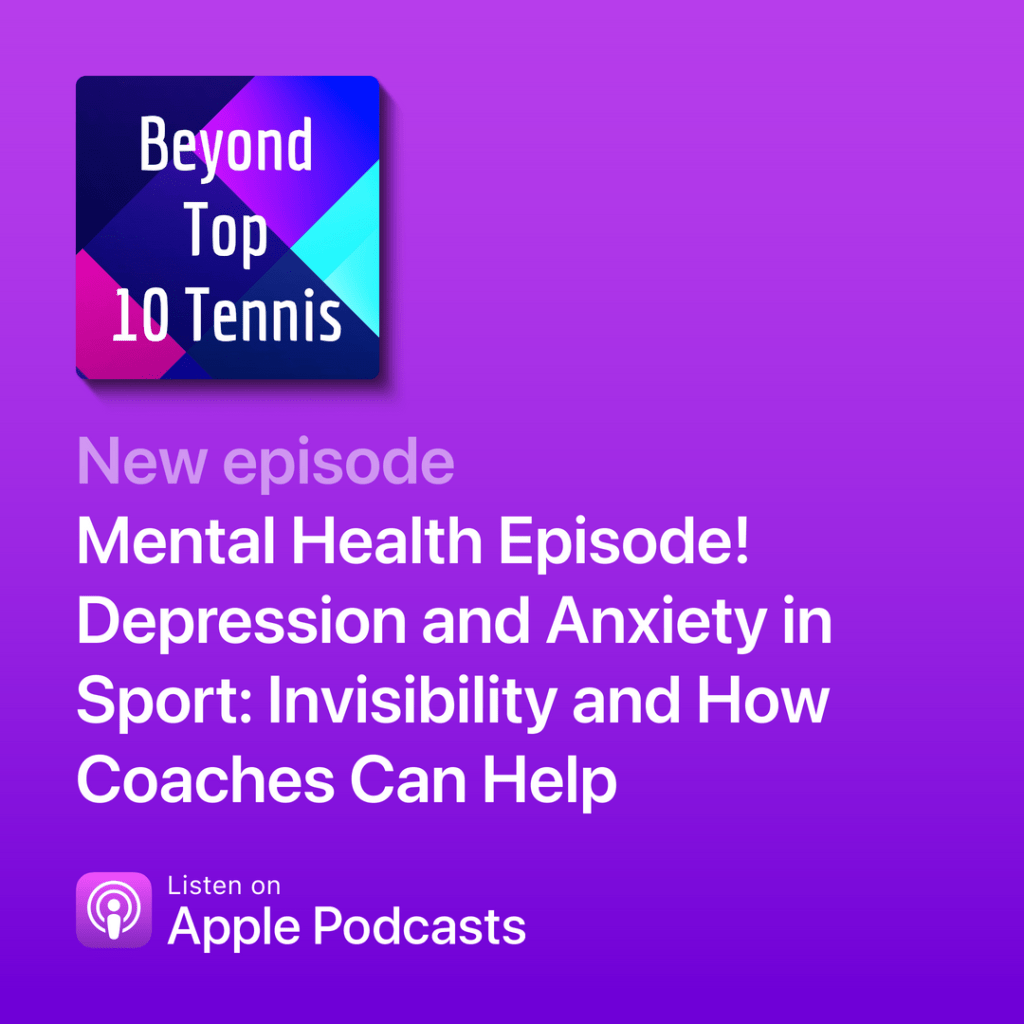
Mental health is no joke. It has become more and more frequent over the past few years as one of the most pressing topics to be discussed and no longer ignored and pushed to the side. With some of the world’s biggest names shedding light on their own personal mental health and what it means, it’s such an important topic to be shared with players and athletes, irrespective of their level of play, and for tools to be given on how best to deal with these challenges.
Mental health is just as important as our emotional health to physical health. See what I did? It’s a banner term synonymous with health and is merely ‘another’ to be catered towards. If we can look at changing our perceptions around the stigma — the connotations associated with mental health, we can push the greater health of our players/athletes forwards which also corresponds with the general wellbeing in their day to day lives.
Mental health conditions to the likes of depression to anxiety are largely invisible and are not readily identifiable. More often than not, someone who is experiencing depression and/or anxiety will often go unnoticed unless you know how to look for the signs, and even then, there’s a good chance you still won’t be able to be right of the mark. And that’s besides the point.
Being conscious that mental health is invisible is significant. This allows a greater conciseness around mental health to begin and that the primary instigator is to engage with players/athletes — to listen and to ask questions that genuinely care about their overall health and wellbeing. As a coach and/or parent, being open to listen and talk through these challenges is a primary superpower to open the dialogue to normalising these feelings to reactions and working with the player/athlete to manage these symptoms with better awareness and access around tools to coping mechanisms.
There’s never a one shoe fits all answer, but the more conversations that are had, the greater the acceptance will become around mental health and with that, reducing the stigma around these conversations and/or their respective topics.
Listen now on Spotify, Apple, Google to Amazon Podcasts with all links at Beyond Top 10 Tennis.
